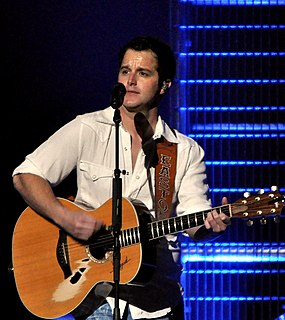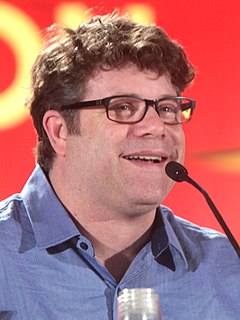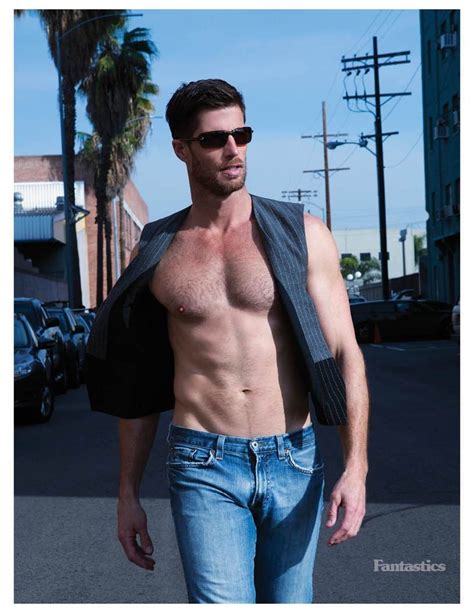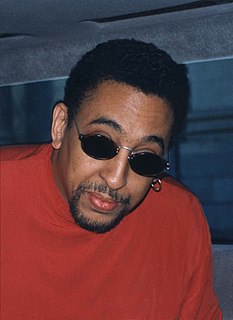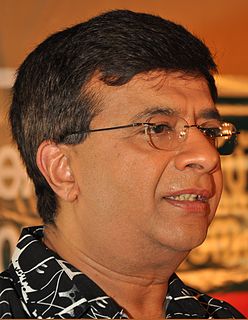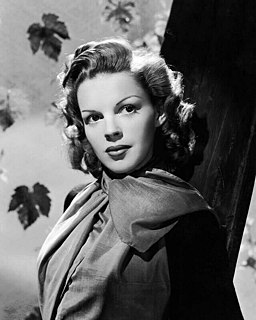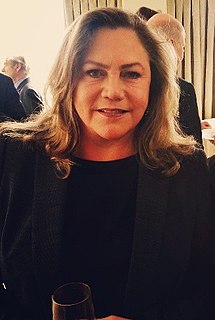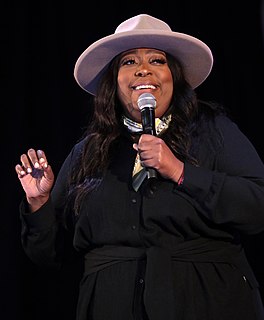A Quote by Cillian Murphy
I've always felt kind of safe on stage, protected. I've talked to other performers about this and they feel the same things, particularly in the live arena. I never get nervous going on stage to do a play. Doing film or television I'll have more butterflies.
Related Quotes
You always get nervous on stage because when you get up there, you want to do great. The crowd has you pumped up so there are always a little bit of butterflies. That's all part of it. But as far as getting stage fright, clamming up there, not generally, I just enjoy it on stage and have a great time.
And from the first moment that I ever walked on stage in front of a darkened auditorium with a couple of hundred people sitting there, I was never afraid, I was never fearful, I didn't suffer from stage fright, because I felt so safe on that stage. I wasn't Patrick Stewart, I wasn't in the environment that frightened me, I was pretending to be someone else, and I liked the other people I pretended to be. So I felt nothing but security for being on stage. And I think that's what drew me to this strange job of playing make-believe.
Plays are literature: the word, the idea. Film is much more like the form in which we dream - in action and images (Television is furniture). I think a great play can only be a play. It fits the stage better than it fits the screen. Some stories insist on being film, can't be contained on stage. In the end, all writing serves to answer the same question: Why are we alive? And the form the question takes - play, film, novel - is dictated, I suppose, by whether its story is driven by character or place.
I think nervousness - a heightened sense of nerves and attention is a very healthy thing for a performer. It is an artificial environment that you are going into whether it's concert or recital, or stage. When I know something so well, I've done it so often, and you kind of walk out for Tuesday night's performance, or you feel like that, that makes me more nervous then being geared up. A little bit like race horses. In the same way that the horses are always difficult to get into that lineup, the worst time of my life is the 10 or 15 minutes before I go on stage.
I grew up doing plays - I went to a stage school after school - and it's always something that I've wanted to do, but, in a weird way, if you do television and film and you didn't go to drama school and don't have a theatrical background, it's hard to get your foot in the door. In the same way that it is for theater actors to get into television and film. There's a weird prejudice that goes both ways.
I got on stage and I went, "Oh wow. No stage fright." I couldn't do public speaking, and I couldn't play the piano in front of people, but I could act. I found that being on stage, I felt, "This is home." I felt an immediate right thing, and the exchange between the audience and the actors on stage was so fulfilling. I just went, "That is the conversation I want to have."
One of the things I do tell young women, if they want to pursue a career in acting, is to get good stage training. It is essential to have a good basis in stage technique. You can move into film easily, and acquire more skill and more understanding, but you can't necessarily go the other way around. For women, longevity of career will very much be on stage.
I started by doing a little funny story, and then I started going to open mics. I realized I had a lot of work to do - you have to get over the stage fright and get your stage presence up. It took me some time, but I finally feel that I'm at a point where I feel comfortable on stage and giving my point of view.

